The US and UK have restricted trading of metals originating from Russia on metal exchanges and in derivatives trading since April 13.
Russian metals including aluminium, copper and nickel will not be allowed to trade on the London Metal Exchange and the Chicago Mercantile Exchange, a move that follows a commitment by the G7 in February to “reduce Russian metals revenues”.
Russia is a major exporter of metals such as aluminum, steel and titanium, with exports of the metals bringing in $40 billion in the past two years. British and US officials say the ban will have little impact on consumers and manufacturers.
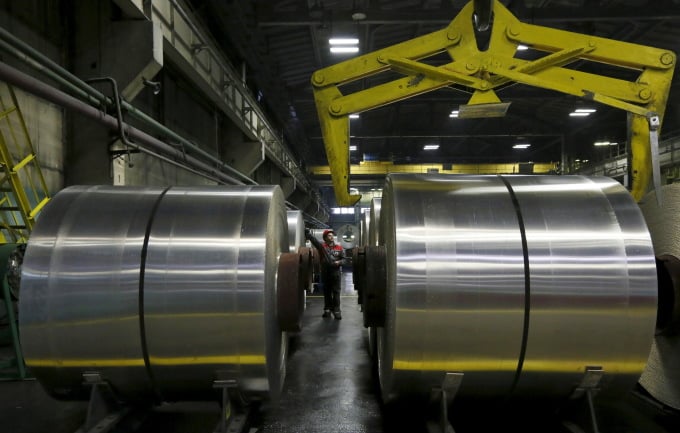
Aluminum coils at a factory outside the town of Sayanogorsk, Russia. Photo: Reuters
"By taking this action in a targeted and responsible manner, we will reduce Russia's revenue while protecting our partners and allies from unintended consequences," US Treasury Secretary Janet Yellen said.
Russia's ambassador to the US, Anatoly Antonov, said this was an "irrational and politicized step" that was bound to be counterproductive. According to him, Washington was "provoking an imbalance in the global market" by dragging its allies into the sanctions.
Since the Ukraine conflict, the US and EU have imposed sanctions on the Russian elite, major banks and frozen the assets of the Russian Central Bank abroad. The US and UK have also imposed sanctions on Russian gold, gas and diamonds.
Russia will continue to take countermeasures against Western sanctions and diversify its foreign trade. Russian Foreign Minister Sergey Lavrov said he discussed with Chinese Foreign Minister Wang Yi plans for cooperation within the framework of the BRICS group of emerging economies and the Shanghai Cooperation Organization.
Phien An ( according to AP, RT )
Source link


![[Photo] General Secretary concludes visit to Azerbaijan, departs for visit to Russian Federation](https://vphoto.vietnam.vn/thumb/1200x675/vietnam/resource/IMAGE/2025/5/8/7a135ad280314b66917ad278ce0e26fa)

![[Photo] General Secretary To Lam receives leaders of typical Azerbaijani businesses](https://vphoto.vietnam.vn/thumb/1200x675/vietnam/resource/IMAGE/2025/5/8/998af6f177a044b4be0bfbc4858c7fd9)


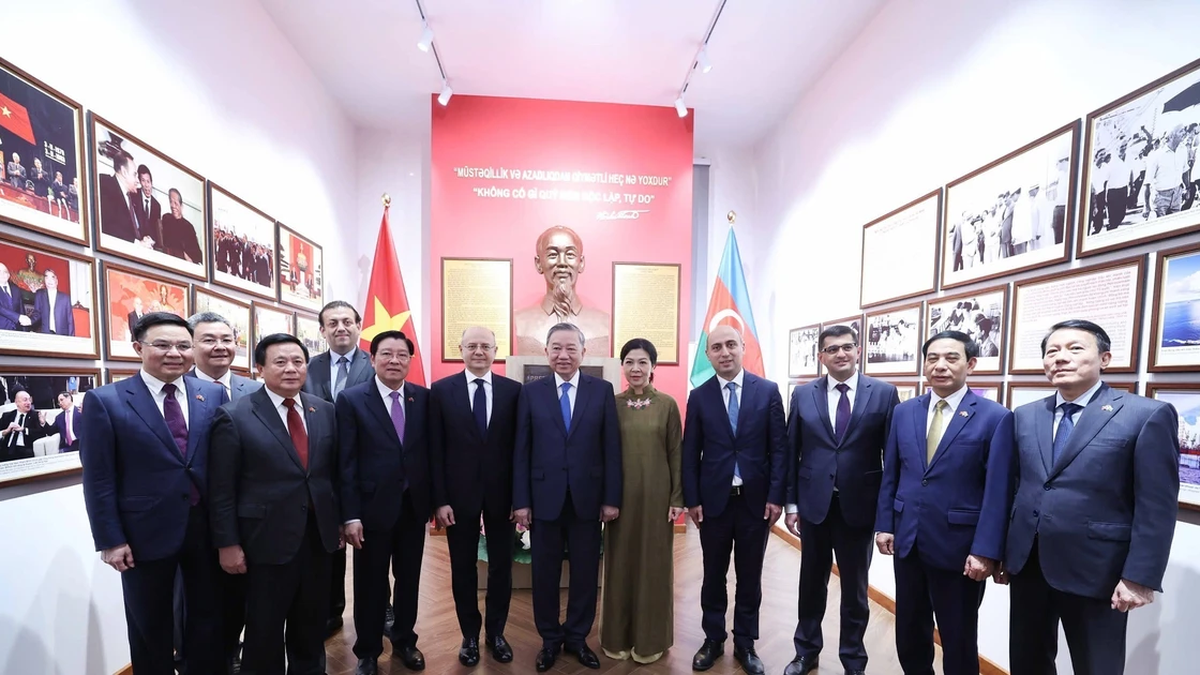



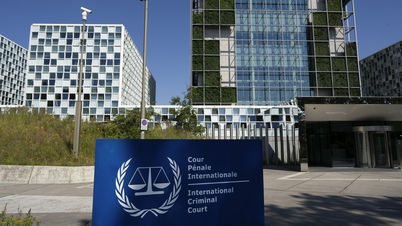



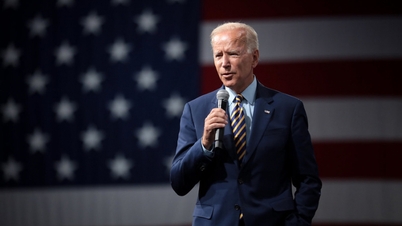
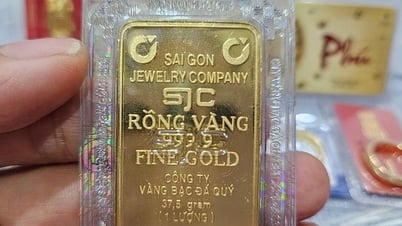
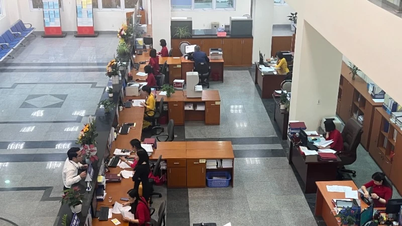


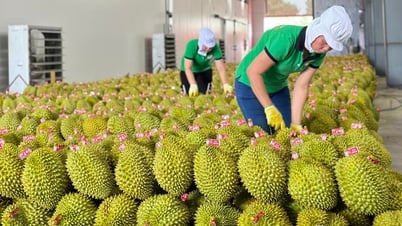
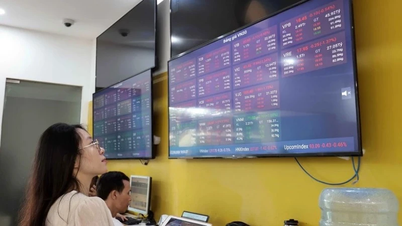











































![[Photo] Prime Minister Pham Minh Chinh talks on the phone with Singaporean Prime Minister Lawrence Wong](https://vphoto.vietnam.vn/thumb/402x226/vietnam/resource/IMAGE/2025/5/8/e2eab082d9bc4fc4a360b28fa0ab94de)

















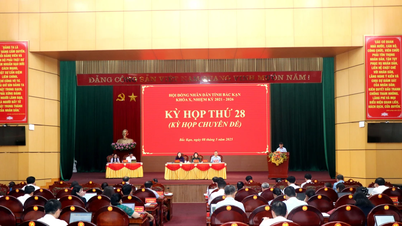
















Comment (0)